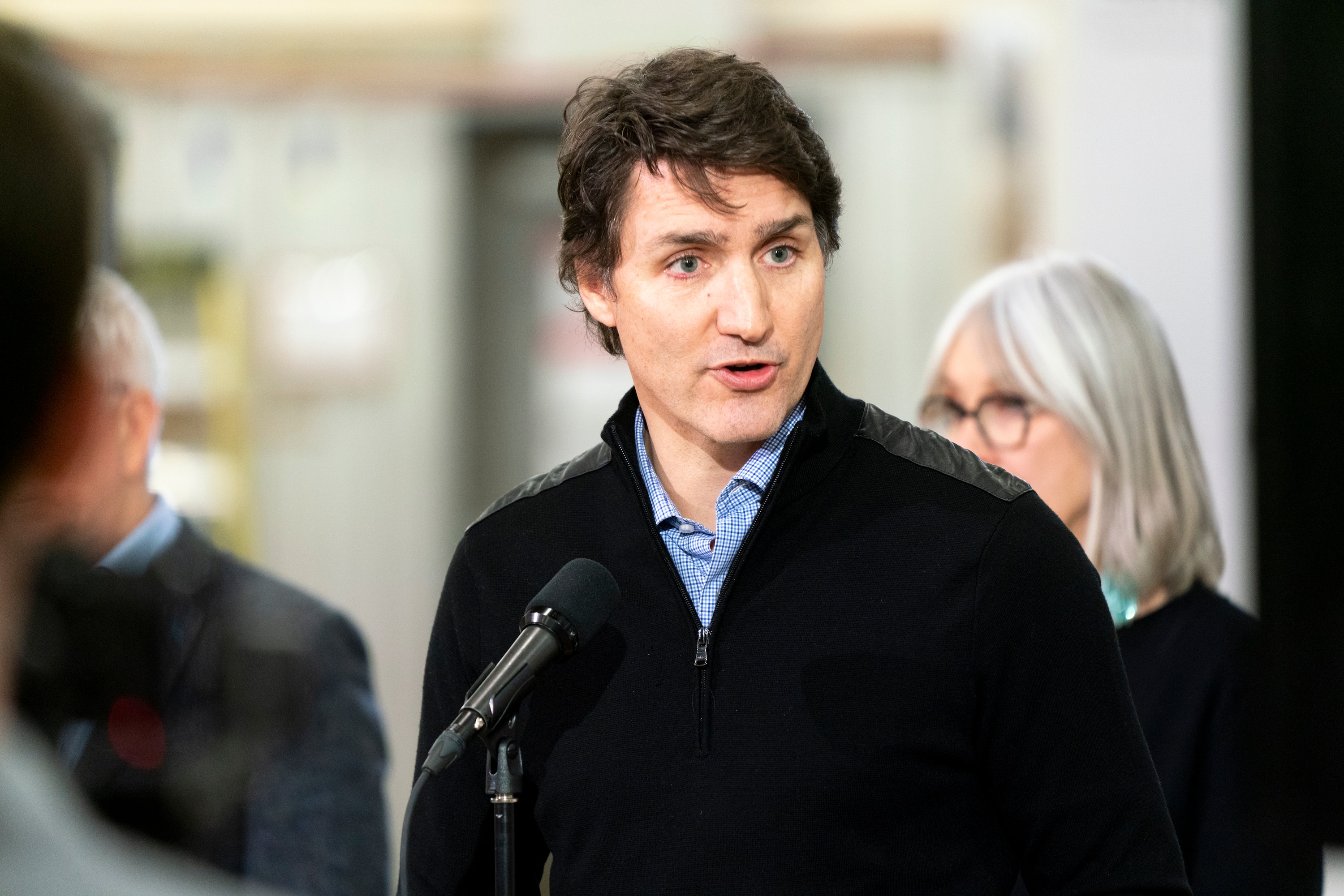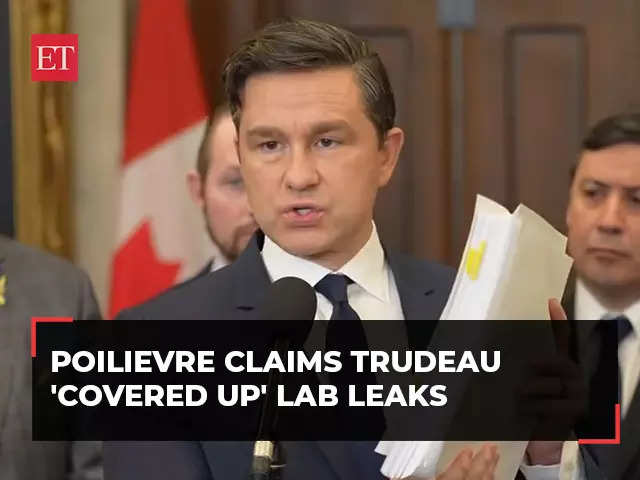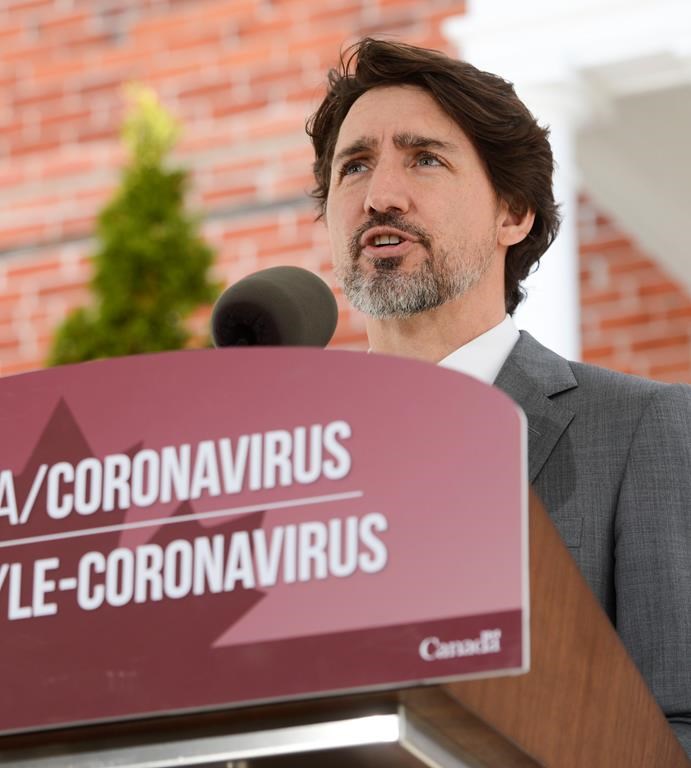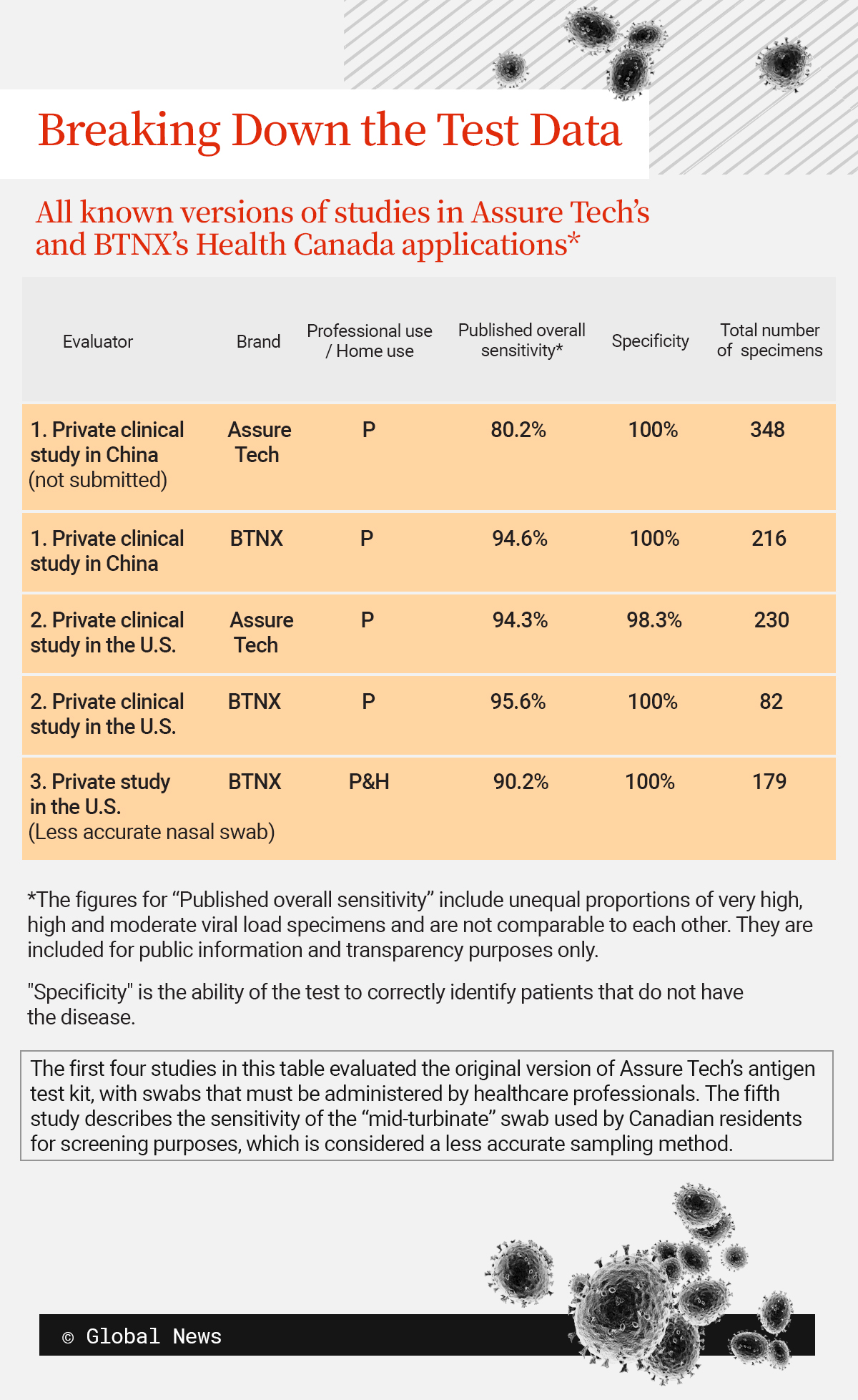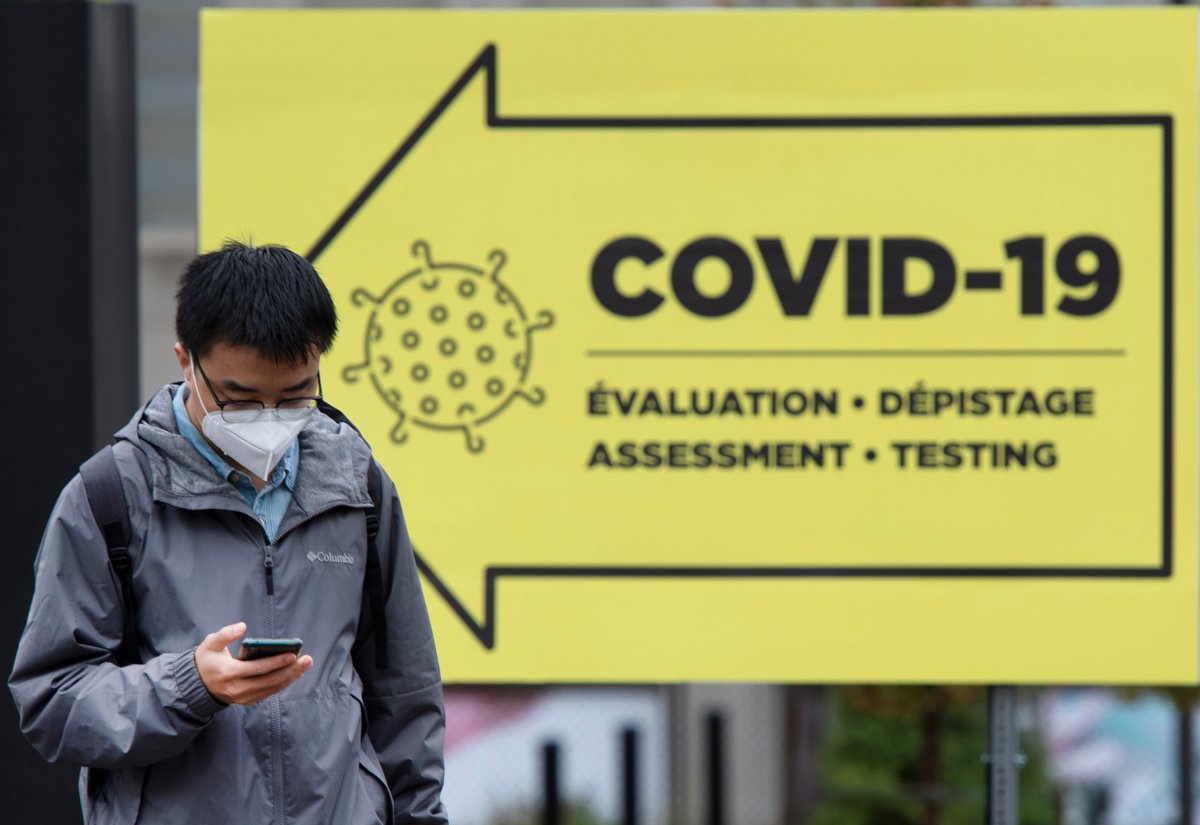First presumptive human case of avian flu acquired in Canada detected in teen

British Columbia’s Ministry of Health says the first suspected human case of bird flu contracted in Canada has been detected in B.C.
A statement from the office of the provincial health officer says a teenager in the region covered by Fraser Health tested positive for bird flu, and the teen is currently getting treatment at BC Children’s Hospital.
The statement says the positive test was done by the BC Centre for Disease Control, and samples are on their way to Winnipeg’s national microbiology lab for confirmatory testing
It says public health officials are also looking into the case to find the source of exposure and identify any contacts.
Provincial health officer Dr. Bonnie Henry says it is “a rare event” and only a handful of cases of bird flu, caused by the H5N1 strain of the avian influenza virus, have been detected in humans in the U.S. and abroad.
The statement says the source of the teen’s exposure to the virus is very likely to be from an animal or bird, while public health officials and the province’s chief veterinarian investigate.
This report by The Canadian Press was first published Nov. 9, 2024.
Province reports first presumptive positive human case of H5 avian influenza in BC and Canada
BC sees first case of bird flu

BC announced on Saturday afternoon that an individual in British Columbia had tested presumptive positive for avian influenza, also known as bird flu.
This was the first detection of avian influenza due to the H5 virus in a person in B.C.
The province said this is also the first detection of a presumed human case of H5 avian influenza acquired in Canada.
"The positive test for H5 was performed at the BC Centre for Disease Control's Public-Health Laboratory. Samples are being sent to the National Microbiology Laboratory in Winnipeg for confirmatory testing," the province added.
Currently, the individual, who is a teenager from the Fraser Health region, is receiving care at BC Children's Hospital.
The province said a public health investigation has begun to determine the source of exposure and identify any contacts.
"Our thoughts are with this young person and their family during this difficult time," said Dr. Bonnie Henry, B.C.'s provincial health officer in the news release.
"This is a rare event, and while it is the first detected case of H5 in a person in B.C. or in Canada, there have been a small number of human cases in the U.S. and elsewhere, which is why we are conducting a thorough investigation to fully understand the source of exposure here in B.C."
Anyone who may have been exposed will be contacted by public health to assess for symptoms and provide guidance on testing and prevention measures.
There have been no further cases identified or reported at this time, according to the province.
B.C.'s chief veterinarian and public health teams are also investigating since the source of exposure is believed to be very likely an animal or bird.
The investigation involves public health teams from Fraser Health, BC Centre for Disease Control (BCCDC), the BCCDC Public Health Laboratory, BC Children's Hospital, the Office of the Provincial Health Officer, the Office of the Chief Veterinarian, the Ministry of Agriculture and Food, and others.
"Health, animal and environmental partners across B.C. have also been working together and with the Canadian Food Inspection Agency and other national and U.S. partners to respond to the increased detections of H5N1 avian influenza in poultry farms and wild birds in the province since early October," the province said.
To protect yourself against avian influenza, the following prevention measures are recommended by the province:
- Stay up to date on all immunizations, especially the seasonal flu vaccine.
- Do not touch sick or dead animals or their droppings and do not bring sick wild animals into your home.
- Keep your pets away from sick or dead animals and their feces (poo).
- Report dead or sick birds or animals.
- For poultry or livestock, contact the Canadian Food Inspection Agency (CFIA) Animal Health office: https://inspection.canada.ca/en/about-cfia/contact-cfia-office-telephone#bc-animal(https://https://inspection.canada.ca/en/about-cfia/contact-cfia-office-telephone#bc-animal)
- For pets, contact your veterinarian or call the BC Animal Health Centre at 1 800 661-9903
- For wild birds, contact the BC Wild Bird Mortality Line: 1 866 431-2473
- For wild mammals, contact the BC Wildlife Health Program: 1 250 751-7246
For those who may have been exposed to sick or dead birds or animals or work on a farm where avian influenza has been detected, they are asked to watch for symptoms of influenza-like illness.
Symptoms within 10 days after exposure to sick or dead animals should be reported to a health-care provider, notifying them that you have been in contact with sick animals and are concerned about avian influenza.
"This will help them give you appropriate advice on testing and treatment. Stay home and away from others while you have symptoms."
H5N1 has been detected in wild birds, on poultry farms and among small wild mammals, including skunks and foxes within BC.
The province said most cases have been reported during migration season when wild birds carrying the virus are in high numbers.
"Since the beginning of October 2024, at least 22 infected poultry premises have been identified in B.C., along with numerous wild birds testing positive"
However, there have been no cases reported in dairy cattle and no evidence of avian influenza in samples of milk in BC or Canada.
"Influenza viruses are adaptable and can change when strains from humans or different animal species mix and exchange genetic information. Avian influenza could become more serious if the virus develops the ability to transmit from person to person, with potential for human-to-human transmission" the province said.
More information can be found online here.

